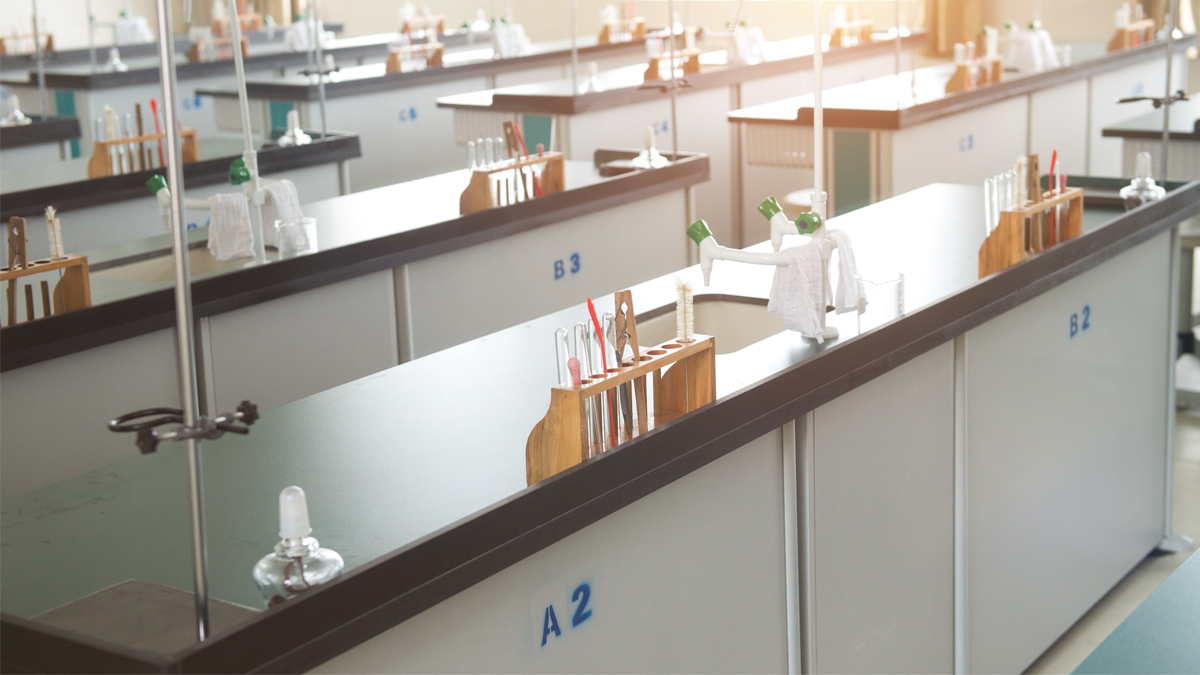After graduating with a degree in biology and a Postgraduate Certificate in Education (PGCE), Faye Wheller became a science teacher, eventually taking on several teaching roles in Further Education colleges. She soon realised that she was envious of her students, many of whom were retraining for new careers, and considered undertaking a master's to do the same. But she knew that going back to university would be a struggle, particularly as she lived on the south coast with a young family.
"I started to browse master's courses in Food Science. At a University of Reading Visit Day, the presentations, tour and meetings with professors in the Department of Food and Nutritional Sciences really sparked my interest. The enthusiasm of the students and lecturers was contagious."
Faye was also drawn to our pilot plant facilities, particularly because they were some of the best she'd seen. After taking some time to work out logistics around course schedules, childcare and travel, Faye decided to apply to study her master's part-time.
"It was quite daunting to go back into studying after such a long time and difficult at first to juggle it with childcare and home life. However, the long commute became a time where my mind was able to shift from home life to focusing on learning and achieving."

